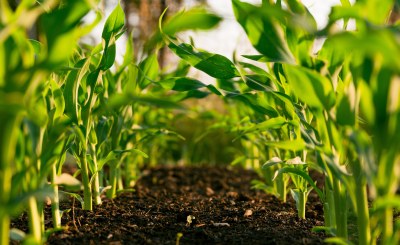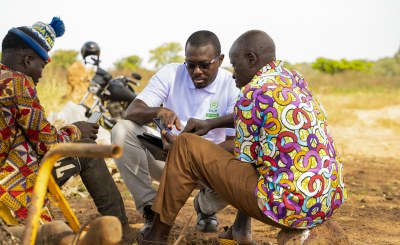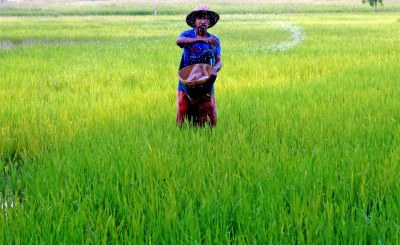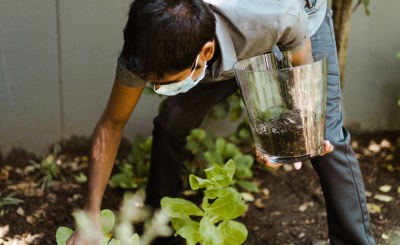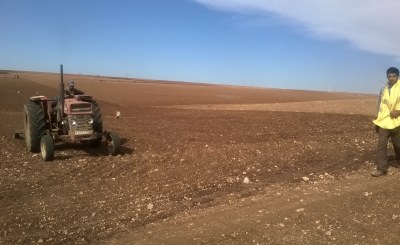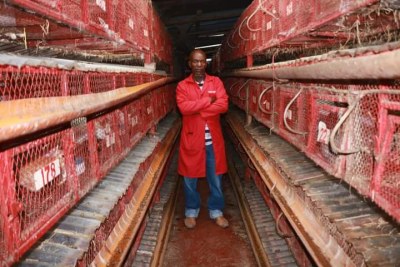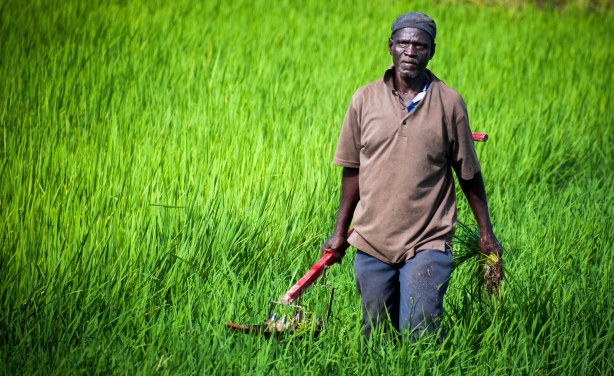-
West Africa: West African Nations Rally for Urgent and Sustainable Solutions to Fertiliser Shortages
allAfrica, 6 June 2023
In a move to combat the escalating food crisis exacerbated by the relentless impacts of climate change, seventeen nations in West Africa and the Sahel signed the "Lomé… Read more »
-
Africa: Seventeen Countries Agree to Major Soil Fertiliser Deal to Combat Food Crisis
RFI, 1 June 2023
Seventeen countries in West Africa and the Sahel have agreed a deal to make soil fertilisers more accessible and affordable. The region, heavily dependent on imports, is facing a… Read more »
West African Nations Unite to Tackle Food Crisis, Soil Health
In a move to combat the escalating food crisis exacerbated by the relentless impacts of climate change, seventeen nations in West Africa and the Sahel signed the "Lomé Declaration on Fertilizers and Soil Health." The agreement has been called a beacon of hope by some, as it looks to revolutionise the accessibility and affordability of soil fertilisers in the region.
The leaders pledged to triple fertiliser consumption by 2035 and eliminate customs duties and taxes to facilitate their unrestricted circulation.
In recent years, several African countries have taken the initiative to produce their own fertilisers, recognising the potential benefits for their agricultural sectors. This move has been driven by the desire to enhance food security, increase crop yields, and reduce dependency on imported fertilisers. While the intention behind local fertiliser production is commendable, it is crucial to consider the broader context and the impact of fertilisers on the environment and climate change, reports allAfrica's Melody Chironda.
Documents
-
2 June 2023
Lomé Declaration on Fertilizers and Soil Health in West Africa and Sahel
- Author:
- World Bank
- Publisher:
- World Bank
- Publication Date:
A roadmap on soil health was endorsed by the country delegations, bringing together President Faure Essozimna Gnassingbé of the Republic of ... see more »
InFocus
-
Landfill sites pose a variety of risks to humans and the environment, as well as the possibility of releasing toxic leachate or fluids into our groundwater. But turning rotting ... Read more »
-
The second in the series of sustainable alternatives to chemical fertilisers amid a global shortage looks at urine or what some experts call liquid gold. allAfrica's Melody ... Read more »
